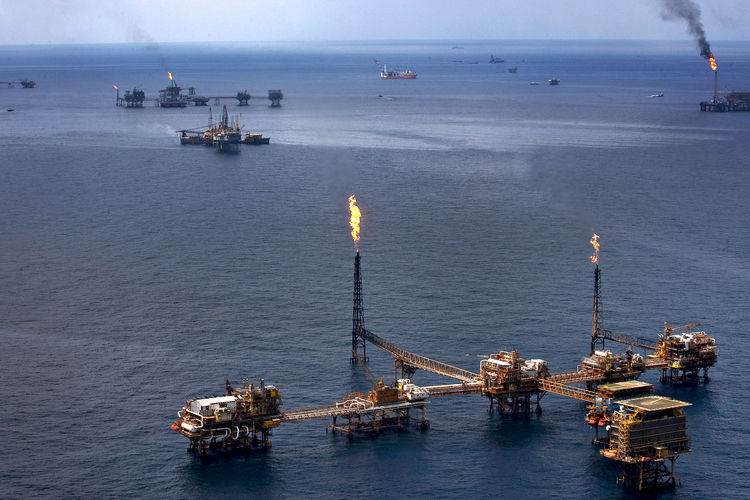- Nigeria Flared 23% More Gas in Q3 2017 – NNPC
The amount of natural gas flared by oil and gas companies operating in the country increased by 23 per cent in the third quarter of last year compared to what was recorded in the previous quarter.
The latest data obtained from the Nigerian National Petroleum Corporation on Monday showed that 76.42 billion standard cubic feet of natural gas were flared in the quarter, up from 62.15 billion scf and 66.66 billion scf in the second and first quarters, respectively.
In August, the amount of flared gas hit a high of 28.51 billion scf from 22.38 billion scf and 19.90 billion scf in July and June, respectively, according to the NNPC.
A total of 222.92 billion scf of natural gas was produced in September, translating to an average daily production of 7.43 billion scf per day.
From September 2016 to September 2017, a total of 2.95 trillion scf of gas was produced, representing an average daily production of 7.48 billion scfd during the period.
“Period-to-date production from Joint Ventures, Production Sharing Contracts and Nigeria Petroleum Development Company contributed about 68.78 per cent, 23.30 per cent and 7.92 per cent, respectively to the total national gas production,” the NNPC stated.
The corporation said out of the 221.26 billion scf of gas supplied in September, a total of 125.58 billion scf of gas was commercialised, comprising of 30.77 billion scf and 94.81 billion scf for the domestic and export markets, respectively.
It stated, “This translates to an average daily supply of 1.03 billion scfd of gas to the domestic market and 3.16 billion scfd of gas supplied to the export market.”
“This implies that 56.76 per cent of the average daily gas produced was commercialised, while the balance of 43.24 per cent was re-injected, used as upstream fuel gas or flared. Gas flare rate was 11.54 per cent for the month of September 2017 i.e. 850.94 mmscfd compared with average gas flare rate of 10.12 per cent i.e. 747.55 mmscfd for the period September 2016 to September 2017.”
According to the NNPC, total gas supply for the period September 2016 to September 2017 stood at 2.92 trillion scf, out of which 386.95 billion scf and 1.31 trillion scf were for the domestic and export markets, respectively and commercialised, while non-commercialised stood at 1.23 trillion scf.

 Forex2 weeks ago
Forex2 weeks ago


 Naira2 weeks ago
Naira2 weeks ago
 Naira4 weeks ago
Naira4 weeks ago
 Company News4 weeks ago
Company News4 weeks ago
 Billionaire Watch1 week ago
Billionaire Watch1 week ago




 Naira2 weeks ago
Naira2 weeks ago




 Naira4 weeks ago
Naira4 weeks ago




 Naira1 week ago
Naira1 week ago






















